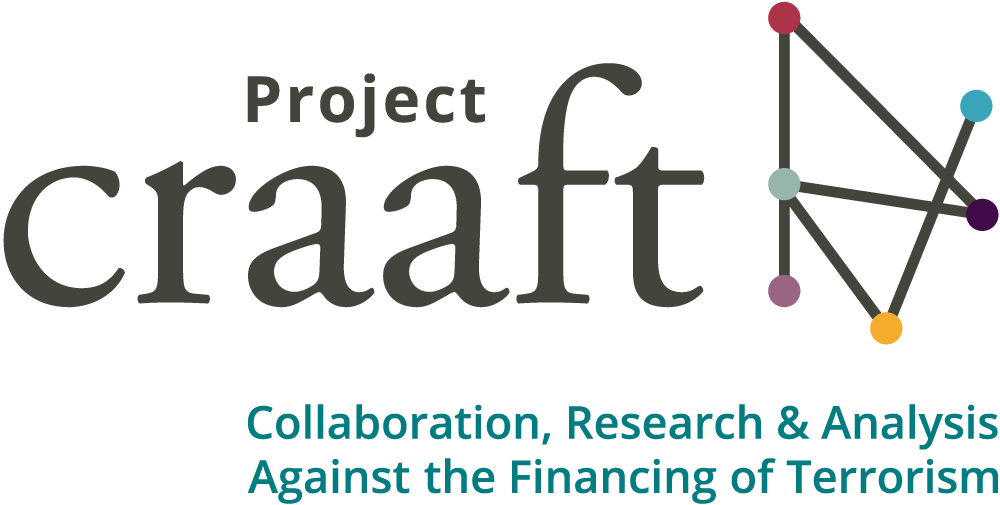FinTech-Enabled Terrorism Financing: Lessons for Spain
On 24 May 2023, Project CRAAFT convened a workshop in Madrid for Spanish stakeholders on the terrorism financing (TF) challenges and counter-terrorism financing (CTF) opportunities presented by the country’s active FinTech sector. Workshop presentations delivered by leading financial crime experts in the FinTech industry, as well as researchers from RUSI, focused on helping participants to anticipate how their services might be abused by terrorists or their supporters operating abroad. Spanish authorities count with great expertise and experience in CTF investigations, but the changing landscape brought by emerging technologies demands keeping the pulse on the evolution of TF risks. By bringing together representatives of the FinTech industry and the public sector, participants witnessed first-hand the advantages and creative synergies generated through public–private collaboration to tackle TF.
Some key learnings from the workshop include:
The new financial services provided by emerging technological platforms present attractive opportunities for terrorist financiers and illicit actors. Law enforcement agencies are concerned about the yet unidentified TF risks presented by new technologies, which demands specific analysis to craft an appropriate risk-based approach.
Terrorists make use of many reporting entities, who only see a piece of the puzzle. The sharing and gathering of all these pieces enable authorities to trace the full picture of the criminal activity. Given their technology-driven operations models, FinTechs are well-positioned to provide law enforcement agencies with detailed intelligence during investigations, and novel modes of data transfer could supplement the STR regime to take fullest advantage of FinTech data holdings for CTF.
Some key insights from the participants include:
The interaction among participants from both public and private sectors reflected the excellent expertise shared across sectors but revealed opportunities to improve their mutual support in the identification of relevant data points and the need to understand their operationalisation to facilitate TF investigations. Privacy protection laws
A recognition that information exchange between public and private sectors for the prevention of terrorism financing is often undermined by competition between law enforcement agencies at country level, leading to even stronger cross-border competition. Collaboration should be promoted by multilateral organizations such as Europol or the upcoming AMLA.
The value of enhanced public–private collaboration is appreciated by all parties. Spain counts with well-developed connections across sectors but would benefit from enhancing its intelligence-sharing frameworks. The private sector encouraged authorities to provide more feedback on STRs submitted, as well as specific guidance on TF typologies, similar to existing guidelines on AML. Authorities voiced their committed to sustain a two-way flow of information but highlighted limitations in terms of resources in comparison to the scope of their responsibilities.
Participants reflected on the flawed voluntary nature of international standards being mere recommendations. Instead of creating an structured and efficient flow of intelligence, member states and the different authorities within them present a fragmented distribution of obligations and responsibilities across different agencies.
